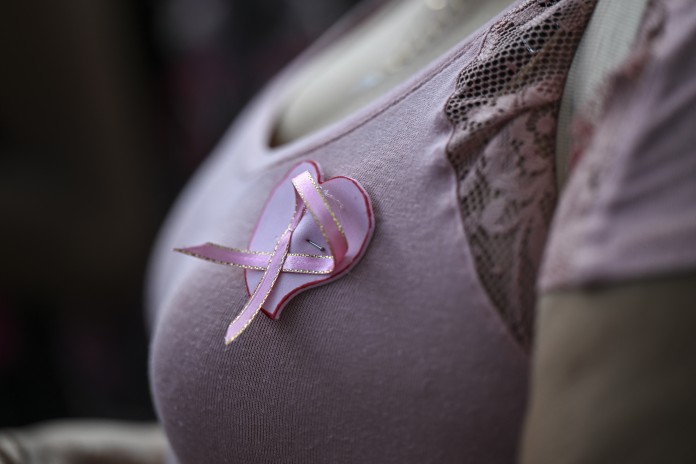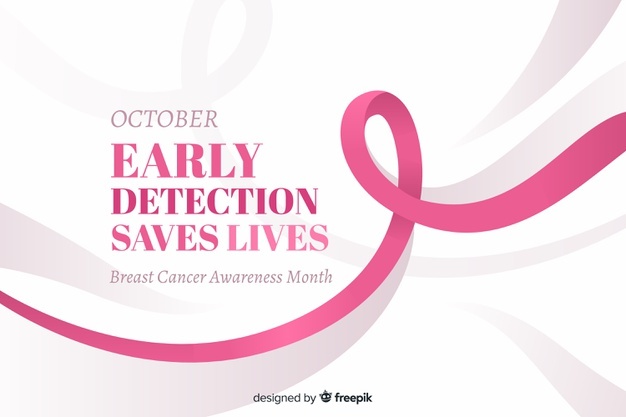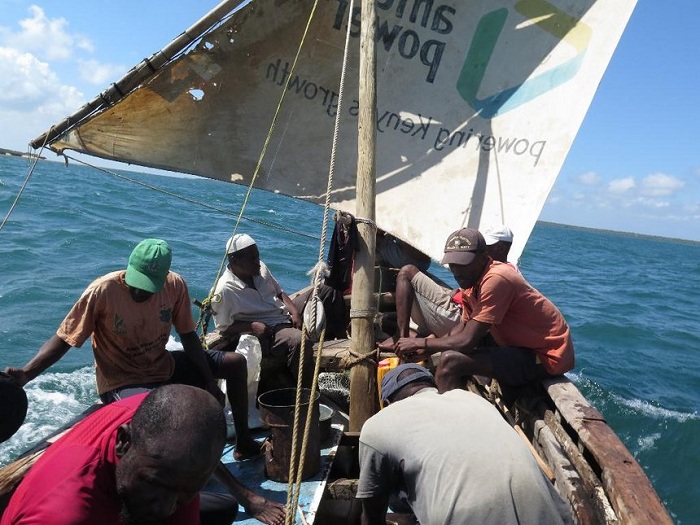
>>BY ALLAN MUCHEMI>>
Commemorating Breast Cancer Awareness Month in October every year has been a global practice that dates back to the 1930’s. Around the world, the month is usually characterized by people displaying a pink ribbon to create awareness and to underscore the importance of routine screening for early diagnosis of breast cancer.
According to the Ministry of Health, breast cancer accounts for over 3,107 deaths making it the second leading cause of all cancer deaths in the country. Seven women die every day in Kenya as a result of breast cancer.
“With breast cancer now being the most common cancer globally and the most likely reason a woman will die from cancer, countries need to embrace the concept of improving breast cancer outcomes if they are going to address cancer as a health priority,” said Dr. Ben Anderson, Medical Officer, Cancer Control, WHO.
As a country we cannot continue commemorating this month with ‘Pink Ribbons’ like the Western countries do and expect to win the war against breast cancer, instead revamping our healthcare systems would help in delocalizing cancer screening and treatment services to the patients.
In the recent past, we have had lobby groups mounting pressure on the government to declare cancer a national disaster, this may not help much if the cost of cancer medication still remains unaffordable. The cost of cancer treatment currently varies from sh.500,000 to over one million shillings.
Low screening turnout
With breast cancer accounting for 23% of the total cancer cases in Kenya, the turnout of women who go to the hospital seeking cancer screening services has remained low over the years. This trend is attributed to ignorance, lack of awareness, inaccessibility to the services, and low literacy levels.
Routine screening could be a good precursor toward combating breast cancer because its treatment could be manageable if diagnosed at its early stages.

According to the World Health Organization (WHO), breast cancer may also occur in men, but it usually occurs between 60 and 70 years of age.
Male breast cancer makes up less than one percent of all cases of breast cancer globally. Men within that age bracket are also encouraged to embrace routine breast cancer screening.
Risk factors
Breast cancer has some risk factors that we have no control over, meaning we cannot change them but we can only mitigate them through early diagnosis and treatment. They include; genetic mutation, family history of breast or ovarian cancer, previous treatment using radiotherapy, and having dense breasts.
But there are also risk factors that we have control over meaning we can prevent them. They include; drinking alcohol, not being physically active, being overweight, and excessive use of birth control pills.
As we commemorate breast cancer awareness month let us ensure we go for breast cancer screening and embrace healthy living. These are the first steps towards averting breast cancer mortality in Kenya.
The government should declare cancer a National Disaster and this should be coupled with channeling adequate financial resources toward our healthcare system as a way of subsidizing cancer treatment costs.
Cancer treatment facilities should be set up in every county to ensure accessibility to these much-needed services sought by cancer patients. Popularization campaigns would also come in handy and this would create awareness among Kenyans and screening turnouts would rise exponentially.














